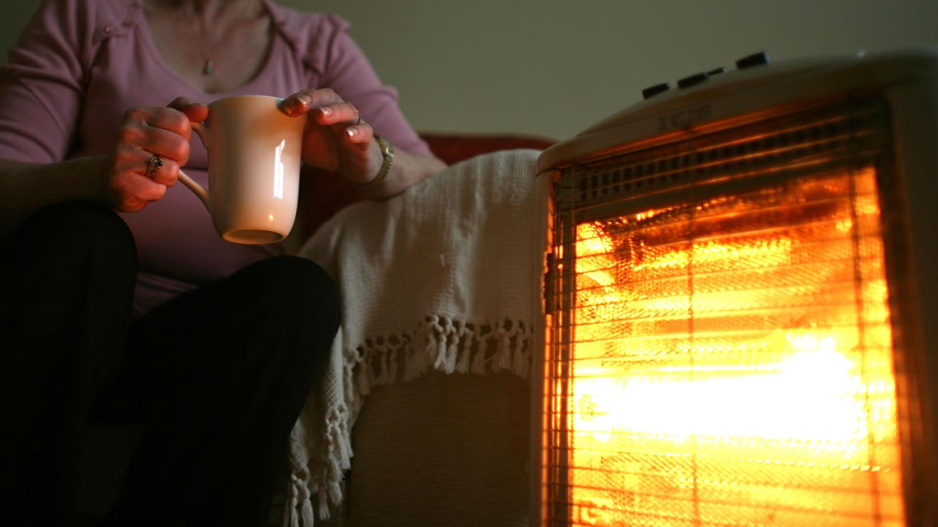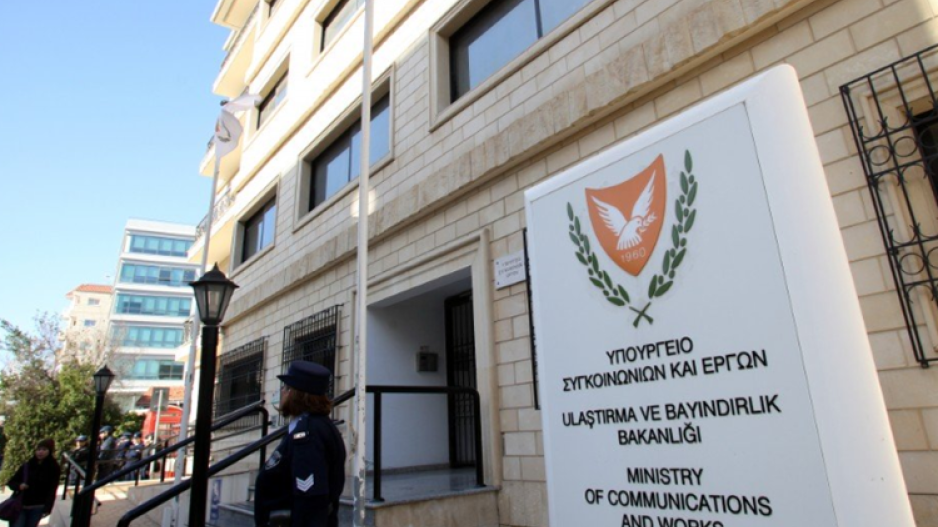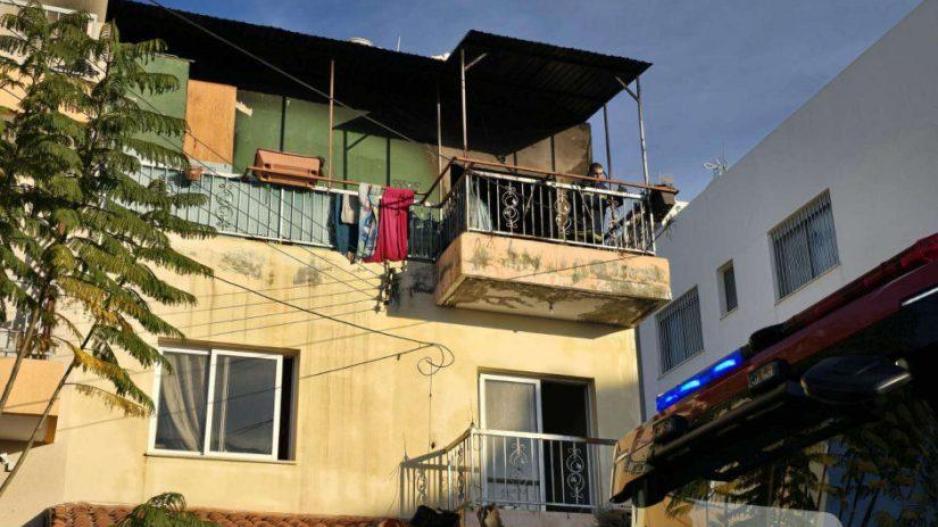Tragedy in Limassol: Ministry Had Shelved Bill on Electrical Installation Safety for a Year
Since 2017, discussions on amending the outdated legislation have been ongoing. In 2024, after two parliamentary meetings, the Minister withdrew the bill during the third.
A devastating fire in Limassol, which claimed the lives of five members of the same family, has triggered urgent calls for reform in Cyprus’s housing policies, electrical safety legislation, and measures against energy poverty. The tragedy has laid bare a complex web of issues: inadequate and often unsafe housing stock, spiraling living costs, and the slow pace of legislative updates aimed at preventing faulty electrical installations.
In the early hours of last Saturday, a five-person household in the Ayios Nikolaos area of Limassol was engulfed in flames believed to have started due to an electrical malfunction. According to preliminary findings by the Fire Service and other authorities, the fire spread rapidly, exacerbated by substandard materials and a makeshift layout inside the residence. Officials and relatives of the victims have pointed to poor housing conditions and limited financial resources as key factors. The family reportedly struggled to afford better accommodation in Limassol’s soaring property market.

The soaring cost of rent in Limassol and other urban areas has forced an increasing number of families to seek cheaper, often unlicensed or illegally converted dwellings. Municipal authorities have long documented the rising number of buildings that undergo rapid, unregulated modifications—sometimes overnight—to carve out extra rental spaces.
In a recent statement, Limassol’s mayor, Giannis Armeythis, confirmed that municipal inspections uncovered 350 separate building violations in just eight central streets.
>>16.9% of Cypriots Struggle to Heat Their Homes<<
Besides the housing crunch, Cyprus also faces high levels of energy poverty, ranking second in the EU according to Eurostat, with nearly 1 in 5 households struggling to afford adequate heating, cooling, or electricity. Many people resort to older, cheaper electrical appliances or makeshift heating solutions, increasing the risk of fires and electric shocks.
In the aftermath of the fatal blaze, the President of the Licensed Electrical Contractors Association, George Kyriakou, sounded the alarm over the influx of substandard electrical items across the island. He alleges that many such products enter the market unchecked, only to be flagged as dangerous months later—after they’ve already been installed in countless homes.
“It’s inconceivable to learn that out of ten electrical products tested, all ten are found to be defective,” Kyriakou said in a radio interview. “But by the time authorities announce a recall or send out warnings, thousands of households have them installed. There’s no straightforward mechanism to ensure these get replaced swiftly.”

He also criticized the delays in modernizing the legal framework governing electrical installations. Currently, Cyprus relies on legislation dating back to 1941. Although discussions to amend the law began in 2017, they have repeatedly stalled. Most recently, a draft law was withdrawn for further review, and no significant progress has been reported for over a year.
Specifically, Mr. Kyriakou stressed that since 2017, discussions have been ongoing about amendments to legislation that has been in force since 1941. In 2024, "we managed to hold two meetings in Parliament, and during the third meeting, the Minister of Works, Communications, and Transport withdrew the bill because the first inspection would have been opened up to competition," he said. "For the good of the public, we agreed that the first inspection should remain under the Electricity Authority of Cyprus and be passed into law. The Minister disagreed and requested another round of public consultation," Mr. Kyriakou noted.
For the past year, the matter has been frozen and shelved.
Under the existing regime, the Electricity Authority of Cyprus conducts an initial inspection only when a property is first connected to the grid or undergoes a formal extension of its electrical system. Critics argue this leaves a dangerous gap—no mandatory periodic re-checks exist for residential homes, despite widespread evidence of faulty wiring and subpar devices.
The proposed reforms would require regular safety inspections (every two years for rental properties and every ten years for owner-occupied residences), but these measures remain in legislative limbo. Moreover, there is no immediate process to screen imported electrical items before they reach store shelves, meaning many potentially hazardous products slip into homes unchecked.
Following this fiasco, the Deputy Director of the Electromechanical Services Department, Pavlos Giavris, stated that the legislative amendment process—which is expected to be put up for public consultation—provides, as he mentioned, for the introduction of periodic inspections of both public and private installations based on decrees issued by the competent Minister. He explained that this is a new measure being introduced and that the periodic inspections will be carried out by inspectors licensed by the Department or by Department personnel.
The way the relevant Ministry is handling the issue, along with the sudden rush to upgrade the legislative framework after the incident—specifically following the tragic death of the five-member family—recalls the well-known case of defective Takata airbags. It also mirrors the slow process (including that of previous Ministers) in dealing with a matter that had already resulted in young people losing their lives on the road.
With Limassol—and Cyprus as a whole—reeling from the deaths of an entire family, pressure is mounting on the government to address the outdated laws on electrical inspections and substandard equipment.
For now, local authorities in Limassol are offering temporary shelter and support to relatives of the victims, while investigators finalize reports on the blaze. But many observers stress that unless housing standards, energy affordability, and effective electrical safety checks become top priorities, the factors that caused this tragedy will remain dangerously unaddressed.






